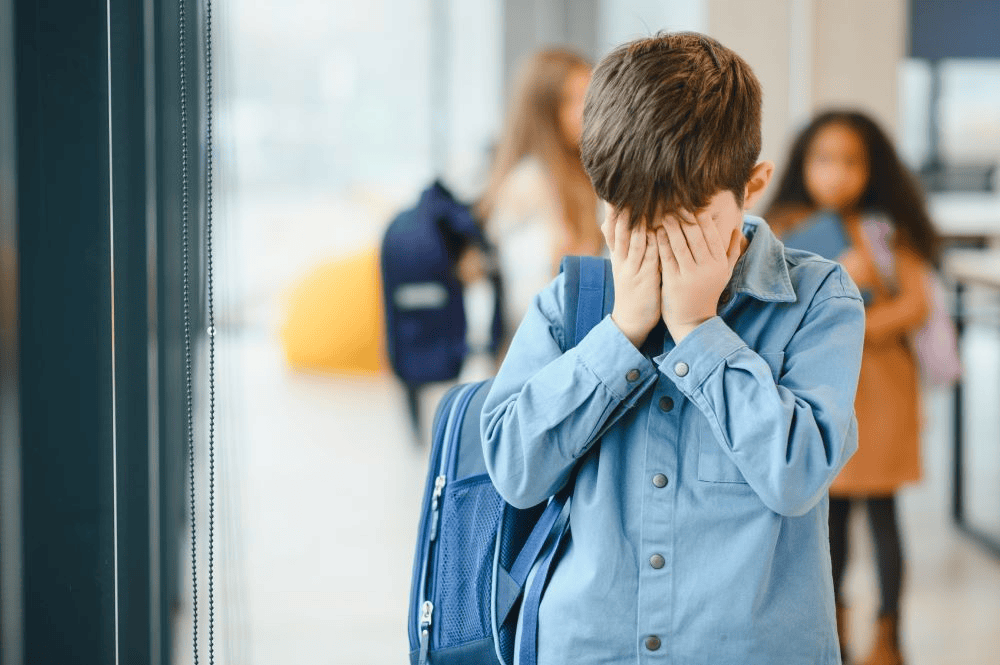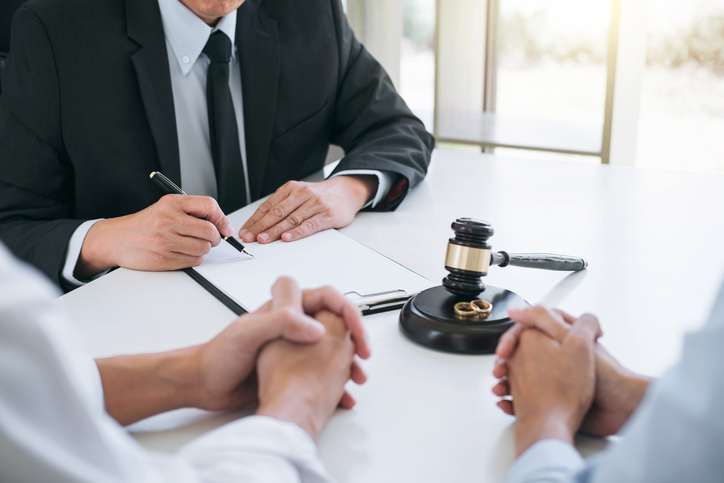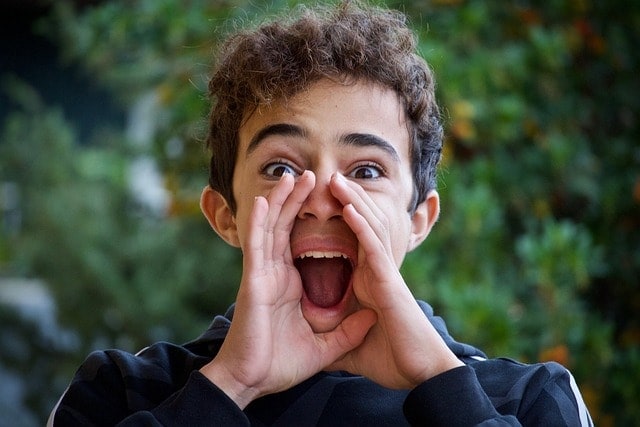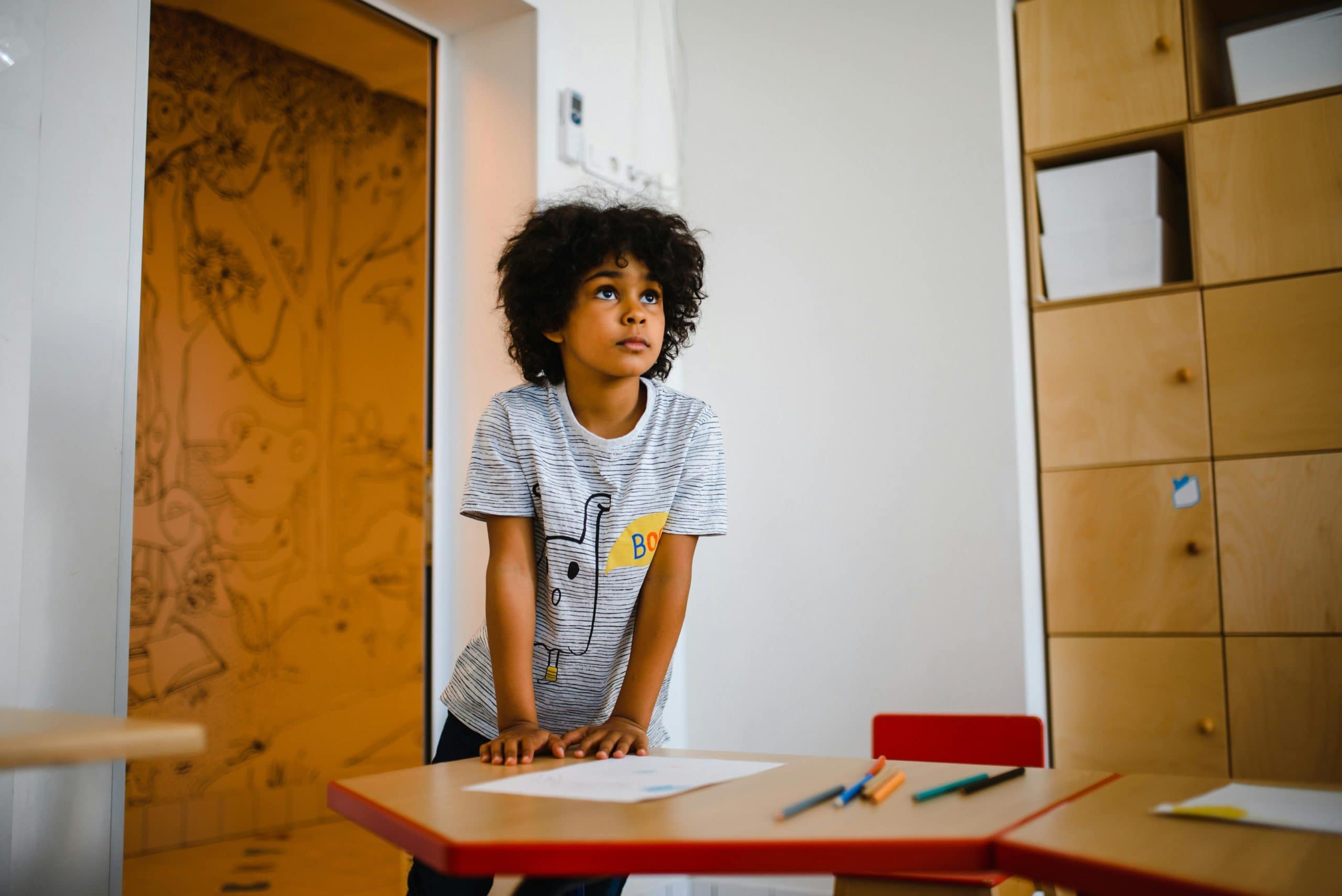
Discovering that your child was assaulted by another child at school is a harrowing experience for any parent. You don’t want to come home on a Monday morning to know that someone’s son beat your child. Any sort of physical violence is a major hit for parents. Ensuring your child’s safety among other kids and well-being becomes your top priority.
You may have many questions regarding the legal aspects, your options, and how to prevent future incidents. For instance, you might wonder, was it an act of self defense? did the school knew? can I take action against parties found liable? etc.
This article aims to provide comprehensive guidance on what to do if your child has been assaulted at school, focusing on the legal framework in Nevada and the steps you can take to seek justice and protect your child.

Understanding the Situation
First and foremost, it’s crucial to understand the specific circumstances of the incident. Did it happen during school hours, on the school bus, or in the school yard?
Was it an isolated incident or part of ongoing bullying? These details can significantly influence how you approach the situation and determine the best course of action.
Immediate Steps to Take
- Ensure Your Child’s Safety:
Your child’s well-being is the top priority. If they’ve been physically assaulted, make sure they are in a safe environment away from the aggressor.
- Seek Medical Attention:
Even if the injuries seem minor, it’s important to seek medical attention. Some injuries, such as concussions or internal injuries, might not be immediately apparent. A medical report will also serve as crucial evidence if you decide to pursue legal action.
- Document Everything:
Keep detailed records of the incident, including dates, times, locations, and any witnesses. Take photographs of any injuries sustained. This documentation will be essential when discussing the incident with school officials or legal professionals.
- Report the Incident to the School:
Notify the school administration immediately. Provide them with all the details you have gathered. Schools are obligated to protect students and address any issues of violence promptly. Request a copy of their report for your records.
Understanding School Assault Laws and Regulations
School assault laws and regulations are designed to protect students and maintain a safe learning environment. In Nevada, schools have a legal duty to protect students from harm.
This includes taking appropriate action when a student is assaulted by another child. Schools must follow specific protocols for handling such incidents, which often involve:
- Investigating the Incident:
Schools are required to investigate reported assaults promptly and thoroughly.
- Disciplinary Actions:
Depending on the severity of the incident, disciplinary actions against the aggressor may include suspension, expulsion, or other measures.
- Reporting to Authorities:
In cases of serious injury or criminal behavior, schools must report the incident to law enforcement.
Determining Liability
Determining liability in cases where a child is assaulted by another child at school can be complex. Several parties may be held responsible depending on the specifics of the incident. These can include:
- The Other Child:
If the assault was severe and intentional, the offending child might face disciplinary actions and legal consequences.
- The Parents of the Other Child:
In some cases, the parents of the child who committed the assault can be held liable for failing to supervise their child properly.
- The School or School District:
If the school failed to take appropriate action to prevent the assault or did not respond adequately after being informed, they could be held responsible for the harm caused.
Legal Options if the School Fails to Act
If the school’s response is inadequate, you have several legal options to consider:
- File a Complaint with the School District:
Start by escalating the issue to the school district if the school administration does not respond adequately. Provide them with all documented evidence of the incident and the school’s response.
- Filing a Police Report:
If the assault resulted in significant injury or was part of a pattern of bullying, filing a police report can initiate a criminal investigation.
- Civil Lawsuit:
You can file a civil lawsuit against the responsible parties. This might include the child who committed the assault, their parents, and the school district if there was negligence in preventing or addressing the incident.
- Seek Legal Assistance:
Consulting with an attorney who specializes in education law and personal injury can help you understand your options and the best course of action.
Can You Sue If Your Child Was Assaulted at School?
Yes, you can sue if your child was assaulted at school, but the process and who you can sue will depend on the details of the incident. Here are some potential avenues for legal action:
- The Assailant’s Parents:
If the assault was the result of negligence or failure to supervise, you might have grounds to sue the parents of the other child.
- The School District:
If the school was negligent in providing a safe environment or failed to act appropriately after the incident occurred, you could sue the school district for emotional distress and physically assault.
- Third Parties:
In some cases, other parties, such as a school bus company or a specific staff member, might also be liable if they failed in their duty to protect students.
How to Sue If Your Child Was Assaulted at School
- Document Everything: Keep detailed records of the incident, including medical reports, communication with the elementary school, and any other relevant information.
- Consult an Attorney: An experienced attorney can help you navigate the legal system, determine liability, and represent your interests.
- File the Lawsuit: Your attorney will help you file the necessary paperwork to initiate a lawsuit and guide you through the legal proceedings.
- Proceed Through Legal Channels: Your case may go through various stages, including mediation, settlement negotiations, and potentially a trial. Your attorney will guide you through each step.
Potential Consequences Following an Assault
When a child is assaulted at school, the consequences can be severe and long-lasting. These might include:
Physical and Emotional Impact
- Physical Injuries: Depending on the severity of the assault, your child might suffer from various injuries, requiring medical treatment and potentially long-term care.
- Emotional Trauma: Being assaulted can have significant psychological effects, including anxiety, depression, and fear of returning to school. Seeking counseling for your child can be essential for their recovery.
Academic and Social Consequences
- Academic Performance: The trauma from an assault can affect your child’s ability to concentrate and perform well in school.
- Social Relationships: Your child might struggle with trust issues or fear of interacting with other students, impacting their social development.
Parental Claims for Compensation
As a parent, you may be entitled to compensation for the harm caused to your child. This compensation can cover:
- Medical Expenses: Costs for immediate and ongoing medical treatment.
- Therapy and Counseling: Expenses related to psychological support for your child.
- Pain and Suffering: Compensation for the emotional distress caused by the physical assault.
- Educational Support: Additional tutoring or educational services needed due to the impact on your child’s school academic performance.
How to Help Prevent Future Incidents
Preventing future incidents of violence at school involves proactive steps and open communication with the school and your child.
Open Communication
- Talk to Your Child: Regularly discuss their day-to-day experiences at school and encourage them to speak up if they ever feel unsafe.
- Communicate with the School: Stay in touch with teachers and school personnel to be aware of any potential issues.
Advocate for Stronger Policies
- School Policies: Advocate for the implementation and enforcement of robust anti-bullying and violence prevention policies.
- Safety Programs: Support and participate in school safety programs that aim to educate students about conflict resolution and the importance of respecting others.
Community Involvement
- Parental Involvement: Participate in parent-teacher associations and other community groups to stay informed and involved in school safety initiatives.
- Local Authorities: Work with local law enforcement and community organizations to promote safety and prevent violence in schools.
How an Attorney Can Help You When Your Child is Assaulted at School
When your child has been assaulted at school, it can be overwhelming to navigate the legal complexities and emotional distress that follow.
Hiring an attorney can provide much-needed support and expertise. Here are several ways an attorney can help you in this situation:
- Legal Guidance: An attorney specializes in education law and personal injury, providing expert advice on your legal rights and options.
- Case Evaluation: They can assess the specifics of your case to determine the best course of action and whether you have grounds for a lawsuit.
- Documentation: An attorney helps gather and organize all necessary documentation, including medical reports, witness statements, and school records, to build a strong case.
- Filing a Lawsuit: They handle all the legal paperwork and ensure that your lawsuit is filed correctly and within the statute of limitations.
- Negotiation: Attorneys negotiate with the school district, insurance companies, and the other child’s parents to seek a fair settlement out of court.
- Representation in Court: If the case goes to trial, an attorney represents you in court, presenting evidence and arguing on your behalf to achieve the best possible outcome.
- Advocacy: They advocate for your child’s rights, ensuring that the school and other responsible parties are held accountable for their actions or inactions.
- Emotional Support: While primarily a legal advisor, an attorney also provides emotional support by helping you understand the process and setting realistic expectations.
- Preventing Retaliation: They can advise on how to protect your child from potential retaliation or further harm from the school or other students.
- Compensation Claims: An attorney ensures you pursue all available avenues for compensation, covering medical expenses, therapy, and any other damages incurred.

Secure Your Child’s Future with BLG
If your child was assaulted by another child at school, it is crucial to take immediate and appropriate action to ensure their safety and well-being.
Seek medical attention, report the incident to the school administration, and consider your legal options if the school’s response is insufficient.
Consulting with an experienced attorney can provide you with the guidance and support you need during this difficult time.
At BLG, we specialize in education law and are dedicated to protecting the rights and well-being of students. Our experienced attorneys will guide you through every step of the legal process, ensuring that those responsible are held accountable.
Contact us today for a free consultation.





